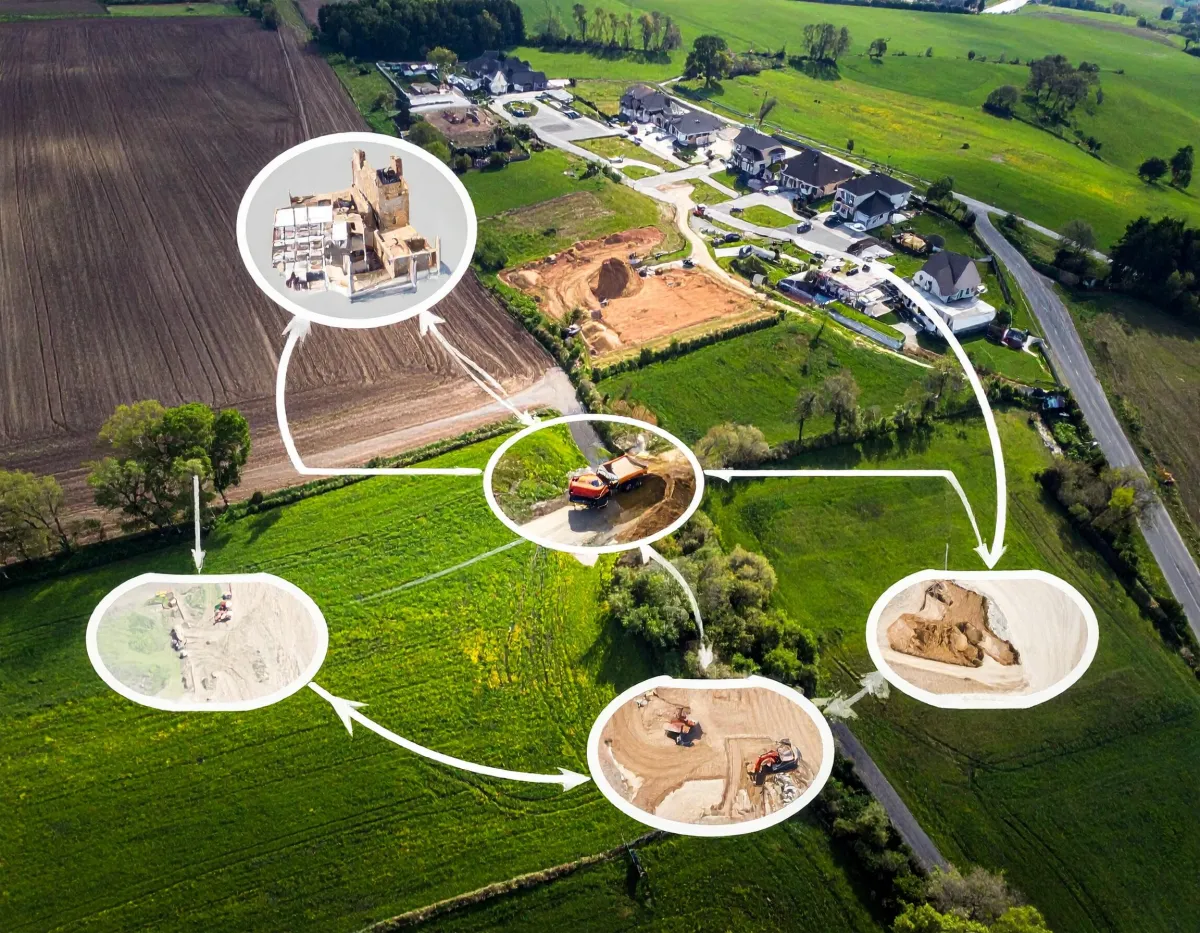
Vetting Land & Development Deals with Bobby D
How Bobby D Turns Land Into Affordable Housing Opportunities
Why This Episode Matters for Affordable Housing Investors
What does it take to go from swinging a hammer in construction to sitting on the board of a housing authority and leading land development projects? In this episode of the Affordable Housing & Real Estate Investing Podcast, Kent Fai He sits down with Bobby D (Robert Dylina), a real estate developer, mortgage professional, and board member of the Merced County Housing Authority.
Bobby’s story is a roadmap for affordable housing investors and developers: from supervising 400+ homes during the Great Recession to now entitling dozens of lots for future development. He shares how to evaluate raw land, navigate zoning hurdles, and understand the often-overlooked role housing authorities play in making Section 8 housing safe and stable.
For anyone serious about creating long-term impact while building wealth, this episode provides practical frameworks and behind-the-scenes insights you won’t find in textbooks.
How Do You Transition From Construction to Real Estate Development?
Bobby D’s journey started in construction management, where he supervised hundreds of homes for a regional developer during the housing boom and bust of 2007–2008. That experience taught him more than just how to build houses:
Interpersonal management was key. With 40–60 subcontractors on every home, he quickly learned that relationships and coordination mattered as much as technical skills.
Sequencing is everything. Delays in one trade could cascade into weeks of lost progress. Bobby emphasizes building in buffers and holding subcontractors accountable.
Adapting matters. The Great Recession forced him to pivot, get a finance degree, and enter mortgage lending while still applying his construction background.
That foundation gave him the confidence to step into land development, starting with a single lot that he subdivided into four.
What Should Investors Ask Before Buying Raw Land?
Raw land can be profitable, but Bobby warns it comes with a steep learning curve. Here are the top questions every investor should ask:
What’s the zoning and general plan? Cities may designate land as industrial, agricultural, or residential, and changing that can be difficult.
Who provides water and sewer? Securing a “will serve” letter from local utilities ensures capacity exists for your project.
What’s the entitlement timeline? In California, taking land from raw to fully entitled often takes 12–18 months, even though the legal minimum is six.
What infrastructure costs could appear? Developers may be required to contribute hundreds of thousands of dollars to new wells, drainage systems, or road improvements.
Bobby’s advice: “Due diligence isn’t optional—it’s everything.”
How Do Housing Authorities Support Section 8 Landlords?
As a board member of his local housing authority, Bobby has firsthand insight into how these agencies function.
Housing authorities verify tenant eligibility. They ensure voucher holders meet income and program requirements.
They guarantee safe housing. Annual inspections are designed to protect both tenants and landlords by catching repair issues early.
They provide stable rent payments. Government-backed rent arrives on time every month, offering landlords consistency.
Far from being a burden, Bobby views housing authority oversight as a safeguard. As Kent notes in the episode, “Think of inspections as free annual maintenance checks that keep your property in top condition.”
What Role Does Nonprofit Work Play in Real Estate Success?
Bobby’s story isn’t just about deals—it’s about impact. Through his volunteer work with Bitwise Industries, he teaches web development skills to underdog communities, helping people break into tech careers and create new opportunities for their families.
This mirrors his philosophy in housing: success is measured not by units owned, but by lives impacted. “You’re remembered by the impact you had in your community,” Bobby says.
Key Insights From Bobby D
Construction teaches people skills. Managing subcontractors is as important as managing budgets.
Raw land requires patience. Expect 12–18 months of entitlements before breaking ground.
Section 8 benefits landlords too. Reliable income and regular inspections reduce risk.
Nonprofit involvement expands your perspective. Community engagement makes you a better investor.
Take scary action. Don’t wait for perfect conditions—experience is the best teacher.
Memorable Quotes
“Managing relationships was my biggest takeaway from building hundreds of homes, not the technical construction knowledge.” – Bobby D
“Due diligence isn’t optional when it comes to land. It’s everything.” – Bobby D
“The housing authority’s role is simple: house as many eligible people as possible and make sure units are safe.” – Bobby D
“You’re not remembered by how many units you own, you’re remembered by your impact on the community.” – Bobby D
Common Questions Answered in This Episode
How long does it take to develop raw land into homes?
In California, expect 12–18 months for entitlements alone. While the law allows for six months, delays from reviews, corrections, and public hearings extend timelines.
Why should landlords consider renting to Section 8 tenants?
Beyond providing housing stability, landlords benefit from guaranteed rent payments and annual inspections that help maintain properties.
What’s the biggest mistake new developers make?
Jumping into land without understanding zoning, utility capacity, or entitlement processes. Always start small and build your knowledge base.
Can you profit from flipping land without building?
Yes, some developers entitle land and sell to national builders. Bobby’s strategy, however, is to capture maximum profit by building through completion.
What mindset helps new investors succeed?
“Take scary action.” Education matters, but nothing replaces the lessons learned from real-world experience.

Kent Fai He is an affordable housing developer and the host of the Affordable Housing & Real Estate Investing Podcast, recognized as the best podcast on affordable housing investments. His mission is to provide everyday investors with the tools, knowledge, and connections to build wealth while solving America’s housing crisis.
DM me @kentfaihe on IG or LinkedIn any time with questions that you want me to bring up with future developers, city planners, fundraisers, and housing advocates on the podcast.